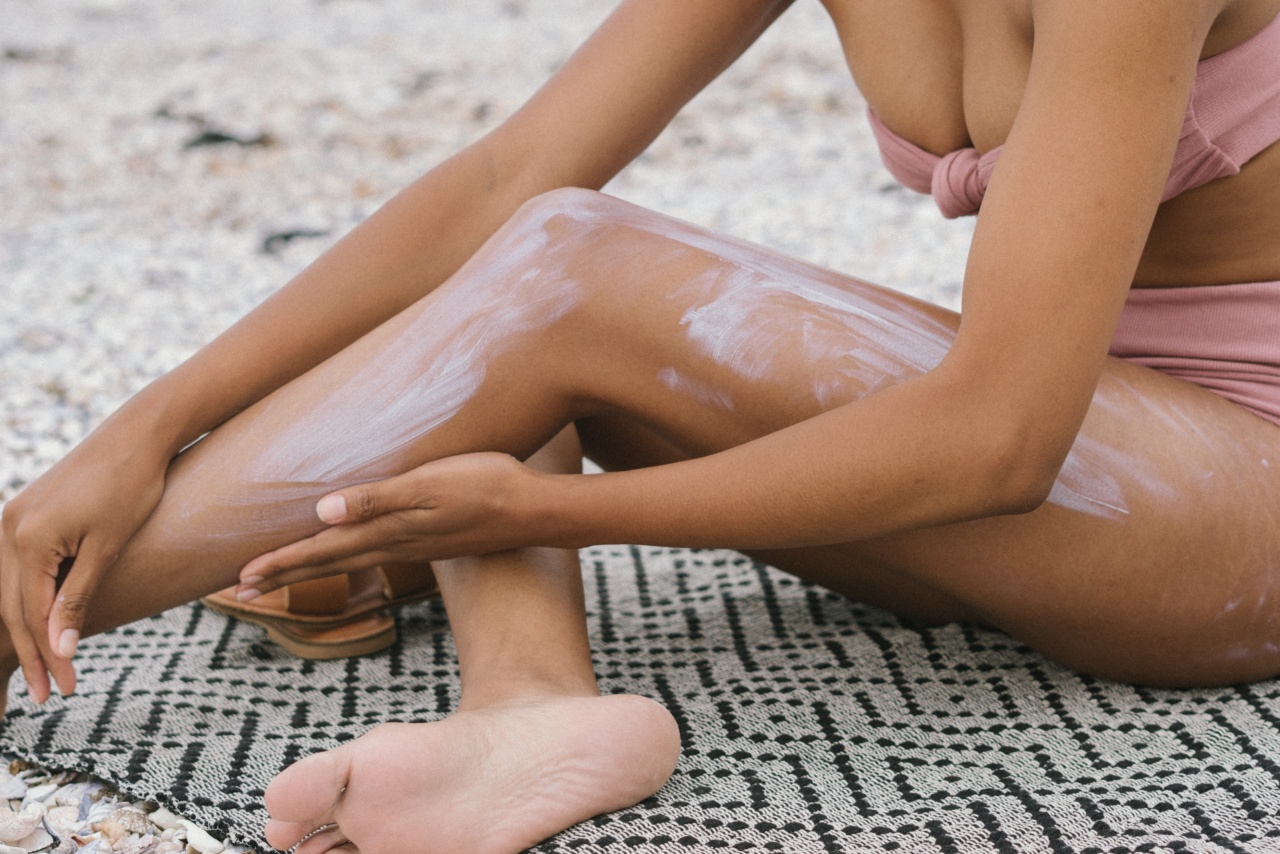Protecting your skin from the harmful effects of the sun’s rays is crucial not just for beauty but also for your overall health. With so many options to choose from, shopping for a product that suits your needs can be overwhelming.
In this article, we will explore the differences between two of the most popular choices: sunscreen and umbrella, and help you make an informed decision to shield your skin effectively.
Sunscreen
Sunscreen is a lotion, spray, or gel applied to the skin to protect against the harmful effects of the sun’s ultraviolet (UV) radiation. It is designed to absorb, scatter, or reflect the sun’s UV rays, depending on the ingredients used.
How does Sunscreen work?
Sunscreen contains active ingredients that work together to shield you from the sun’s rays. This includes two types of UV radiation: UVA and UVB. UVA rays cause premature aging of the skin, while UVB rays cause sunburn.
Sunscreen contains chemicals that absorb and dissipate UV radiation or create a physical barrier that reflects the rays away from the skin. The effectiveness of sunscreen is measured by its sun protection factor (SPF).
Sun Protection Factor (SPF)
The SPF rating measures the length of time a sunscreen product will protect you from sunburn, based on how long it takes for your skin to turn red.
For example, if it takes 10 minutes for your skin to get sunburned, a sunscreen with an SPF of 15 will protect you for 150 minutes, or 2.5 hours, provided you apply it properly.
Benefits of using Sunscreen
Using sunscreen has many benefits, including:.
- Protects against sunburn and skin cancer
- Prevents premature aging of the skin
- Reduces the risk of scarring from sunburn
- Makes your skin look younger and healthier
- Keeps the skin moisturized and nourished
Drawbacks of using Sunscreen
While sunscreen is an effective way to shield your skin from the sun’s rays, it is not without drawbacks, including:.
- May cause skin irritation or allergic reactions
- May leave a residue on clothing or swimwear
- May require reapplication every few hours
- May not provide adequate protection for very fair or sensitive skin
- May be harmful to the environment
Umbrella
An umbrella is a canopy designed to shield you from rain or sunlight. In recent years, folding umbrellas have become increasingly popular as a fashion accessory, and some people use them to protect their skin from the sun’s rays.
How does an Umbrella work?
An umbrella creates a physical barrier between your skin and the sun, blocking the majority of the UV rays. The level of protection varies depending on the color and material of the fabric used.
Benefits of using an Umbrella
Using an umbrella has many benefits, including:.
- Provides superior protection against the sun’s rays
- Does not require reapplication
- Does not leave a residue on clothing or swimwear
- Can be used in place of a hat, which may not provide complete coverage
- Looks stylish and fashionable
Drawbacks of using an Umbrella
While an umbrella provides excellent protection against the sun’s rays, it may not be as convenient for some people. The drawbacks of using an umbrella include:.
- May be bulky and difficult to carry around, especially on windy days
- May be difficult to use in crowded areas or tight spaces
- May not be suitable for all activities, such as swimming or running
- May not provide adequate protection on cloudy days or in reflective environments, such as snow or water
Conclusion
Both sunscreen and umbrella are effective ways to shield your skin from the harmful effects of the sun’s rays. The choice between the two depends on your personal preference, lifestyle, and skin type.
If you have sensitive skin or spend a lot of time outdoors, sunscreen may be the better option, while an umbrella may be more suitable for those who prefer a hands-free approach. In any case, it is essential to protect your skin from the sun’s rays to maintain healthy and youthful-looking skin.




























